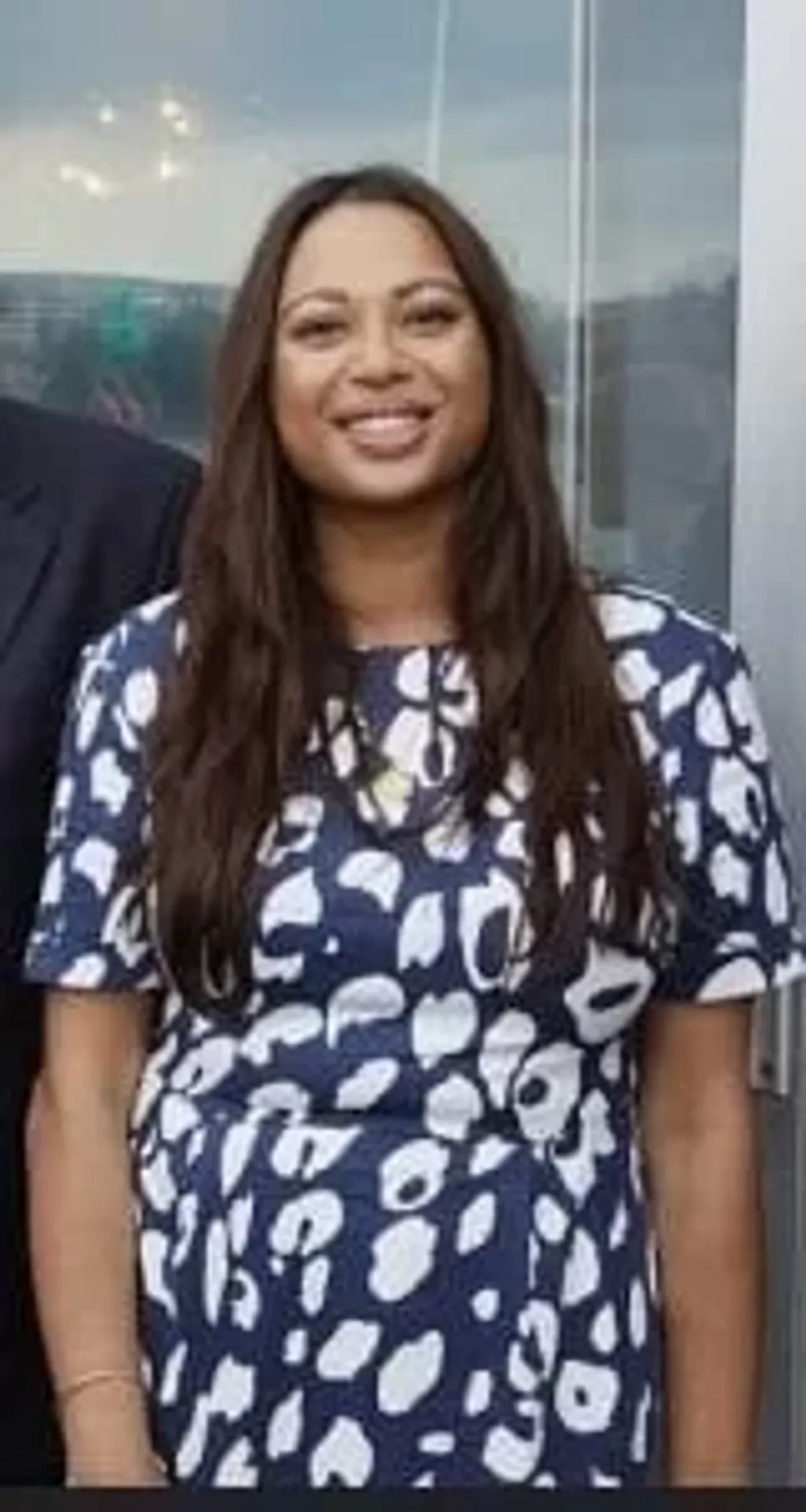by SHALINA PATEL
WHEN I think of south Asian women on BBC Radio, I automatically think of women such as Anita Rani, the new co-host of Radio 4’s Women’s Hour. But did you know that there was a south Asian woman who graced the BBC airwaves during the Second World War?
Princess Maharajkumari Indira Devi was born in 1912 to Maharaja Paramjit Singh and Maharani Brinda of Kapurthala. Her parents had been betrothed in an arranged marriage from a very young age and had an infamously unhappy marriage, undoubtedly accelerated by her father’s infidelity. Perhaps this contributed to her decision in 1935 to leave India for Britain, without her parents’ consent. She was 23 at the time and only told her sisters, Princesses Ourmilla and Sushila of her plans.
Princess Devi had ambitions of Hollywood stardom, a dream which moved closer to reality when she was successful in studying at the Royal Academy of Dramatic Art (RADA); the oldest and most prestigious drama school in the UK. She lived in Kensington while studying, not having to travel too far to study in Bloomsbury. Her road to fame seemed certain when she became associated with the British film producer Alexander Korda, famous for work such as The Third Man. Unfortunately, the timing was not right for her big break, with the world edging closer to war, and the German invasion of Poland in 1939 plunging Britain and her empire into a war like no other.
Unlike during the first world war, the government decided not to rely on female volunteers, but instead conscripted women to work. Most women chose between working in industry, farming or for one of the military auxiliary services. Princess Devi drove ambulances during air raids, which became increasingly frequent (and dangerous) when the Blitz began in September 1940. It’s worth noting that the then Princess (and now Queen) Elizabeth II did a similar job to Princess Devi, driving ambulances as well as being trained as a mechanic. Princess Devi also worked as a postal censor. This was an incredibly important job as the government were paranoid that key information could leak, as well as being worried about information in letters etc having a negative impact on morale. It would have been Princess Devi’s job to make judgements on what was appropriate and what wasn’t.
In 1942, Princess Devi joined the BBC, for what would be a media career that would last for more than three decades. One of her first roles was to host a radio show aimed to support the morale of Indian soldiers stationed in the Middle East and Mediterranean. It is estimated that 2.5 million Indians served during the second world war, the largest volunteer army in history. Programmes like this formed what we now know as the BBC World Service. She later broadcast a show called The Debate continues, which centred around the politics of the day; she was often the only woman present in the Press Gallery of the House of Commons.
Princess Devi worked for the BBC until 1968. Little is known of her later life. She died in Ibiza in 1979. What is extraordinary about her story is how she lived within a context we are all so familiar with; war-time Britain. Yet her story is relatively unknown; another example of the sort of hidden history I find so fascinating. If anyone has any other information about her please do get in touch @thehistorycorridor on Instagram!





Indira Devi: The Radio Princess